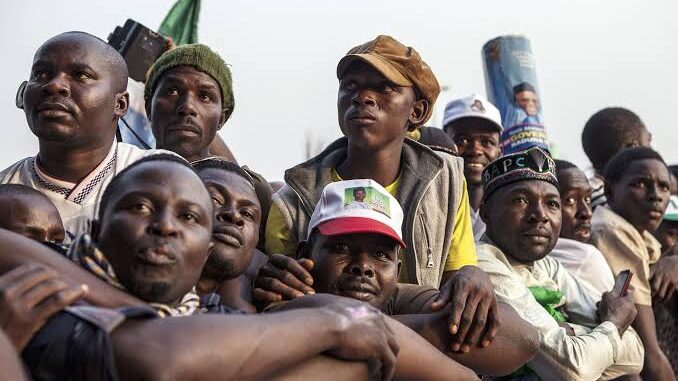
In recent weeks, a wave of tension has swept across Nigeria’s political and diplomatic landscape, following a new and highly controversial move by former U.S. President Donald Trump. While the Nigerian government has attempted to downplay the situation, the implications of this latest designation and the subsequent threats are far more serious than most citizens realize. What appears on the surface to be a symbolic rebuke actually triggers powerful legal mechanisms under U.S. law—mechanisms that can reshape Nigeria’s foreign relations, security environment, and global standing.
1. What the Designation Really Means Under U.S. Law
Former President Trump’s designation places Nigeria under the category of a “Country of Particular Concern” (CPC) under the International Religious Freedom Act (IRFA). This isn’t just a label—it comes with mandatory consequences. Under IRFA, once a country is placed on the CPC list, the U.S. executive branch is legally required to impose at least one Presidential Action. These actions range in severity, but each one carries measurable impact on Nigeria’s political climate.
Some of the possible penalties include:
• Targeted sanctions against Nigerian officials or institutions believed to be involved in religious freedom violations.
• Restrictions or total withdrawal of non-humanitarian U.S. foreign aid, including crucial military support—something Trump himself has publicly threatened.
• Intensified diplomatic pressure, both private and public, aimed at forcing reforms and accountability within Nigeria’s security architecture.
These tools are not symbolic—they are enforceable, binding, and designed to pressure governments into compliance.
2. The Escalation: Trump’s Explicit Threats
What has shocked observers is not just the designation itself, but the aggressive rhetoric that immediately followed. Trump moved far beyond the usual diplomatic language, releasing statements that have caused deep unease among Nigerian officials and international analysts.
He warned that the U.S. would “immediately stop all aid and assistance” to Nigeria if attacks on Christians did not cease. Even more alarming were his claims that he had directed the U.S. Department of Defense to “prepare for possible action” in Nigeria—a statement implying the possibility of airstrikes, military intervention, or direct confrontation with jihadist groups operating within Nigerian territory.
Whether or not such action is truly imminent, the language alone is enough to cause geopolitical instability and heightened anxiety across the region.
3. The Nigerian Government Pushes Back
Unsurprisingly, the Nigerian government has strongly rejected both the CPC designation and Trump’s threats. Officials maintain that Nigeria’s security crisis—driven by Boko Haram, ISWAP, bandits, and other violent actors—affects Muslims and Christians alike, making the allegation of religious persecution inaccurate and politically motivated.
The African Union (AU) has also stepped in, asserting that U.S. military threats violate Nigeria’s sovereignty and undermine African diplomatic processes. They argue that internal security challenges should not become grounds for foreign intervention.
A Diplomatic Storm Brewing
For President Tinubu’s administration, the pressure is enormous. On one hand, the government must demonstrate decisive action against violent extremism. On the other, it must carefully navigate an increasingly strained relationship with the United States—all while trying to reassure Nigerians that their sovereignty is not under threat.
What happens next may redefine Nigeria’s global relationships—and Nigerians deserve to know what is unfolding behind the scenes.
Be the first to comment